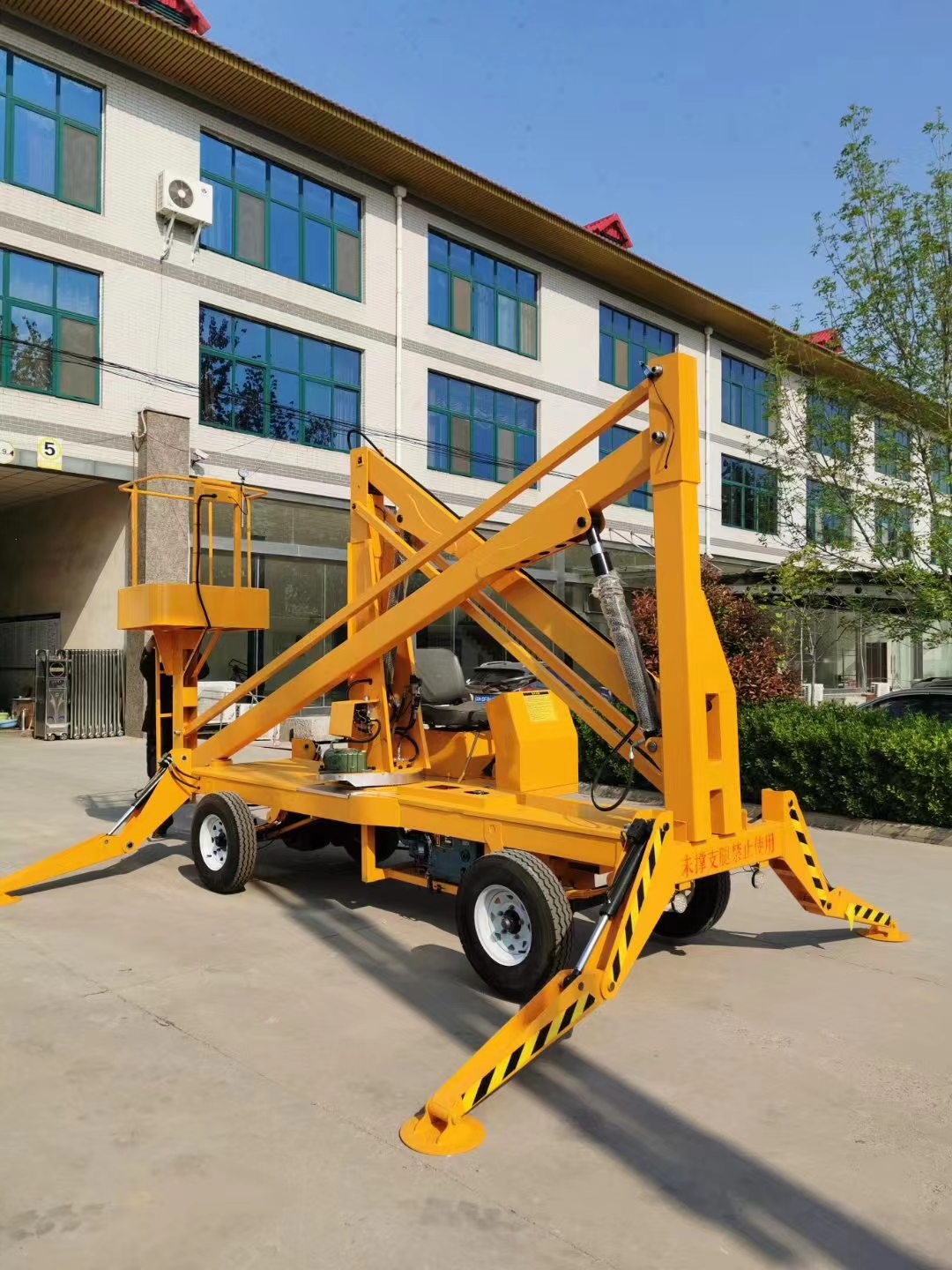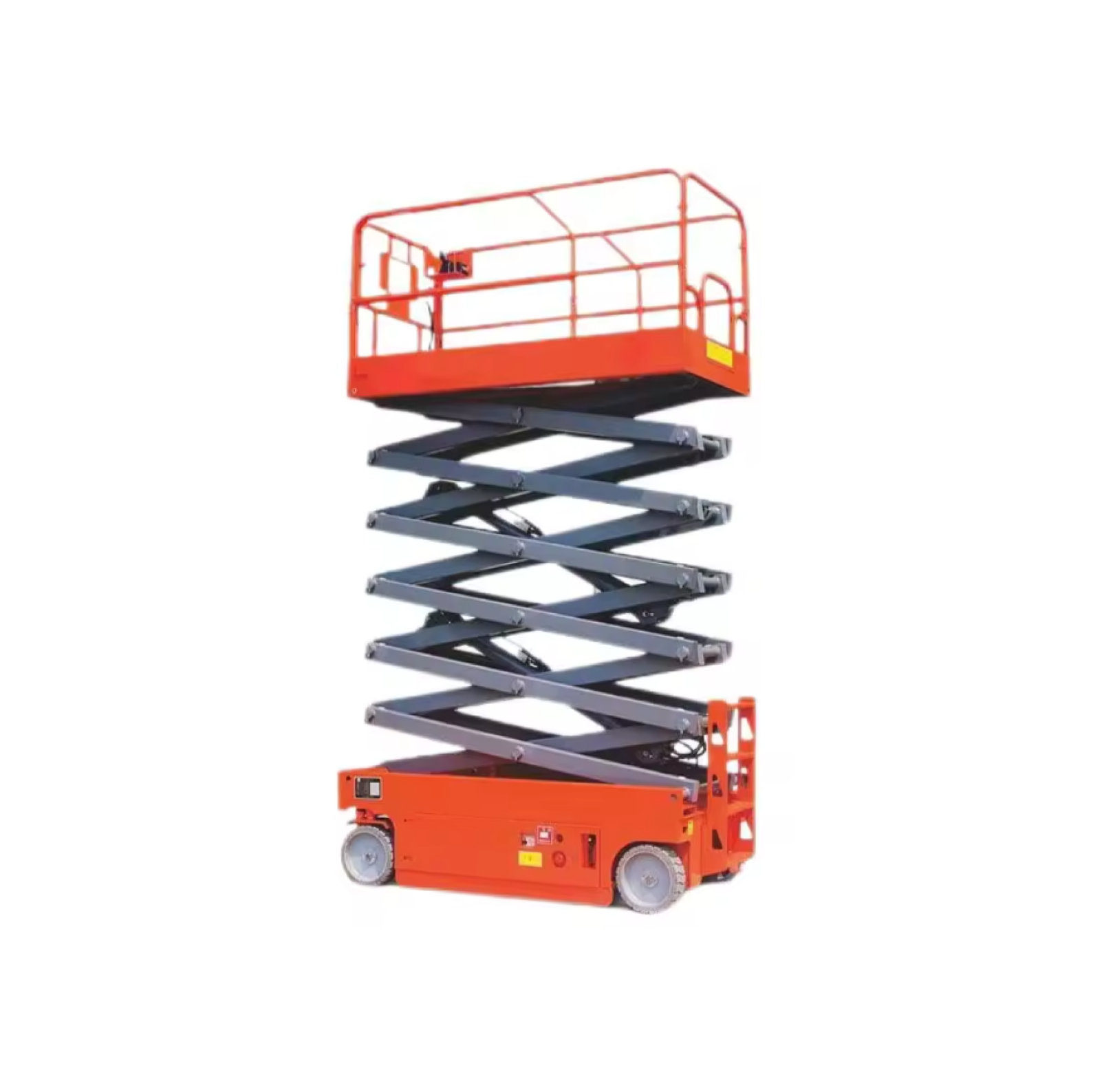Screw conveyors have emerged as an efficient solution for the mixed transportation of liquids and solids across various industries. My experience in manufacturing and engineering has revealed the critical role these systems play in optimizing production processes, ensuring safety, and enhancing material handling efficiency.

The applications of screw conveyors are extensive, covering sectors such as food processing, chemical manufacturing, waste management, and mining. These conveyors facilitate the movement of materials that can often be challenging to handle, particularly when dealing with mixed liquid and solid components.
1. Versatility: Screw conveyors can transport a wide range of materials, including granular, powdery, and liquid mixtures, all of which may have different flow characteristics.
2. Efficiency: The design of screw conveyors allows for efficient mixing and transportation, reducing the risks of separation between the liquid and solid components.
3. Automation: By integrating screw conveyors with automated systems, companies can achieve higher levels of production efficiency and accuracy.

To improve the efficiency of material conveying, one must consider factors such as the screw design, speed, and the specific materials being transported. The right configuration can minimize wear and tear, reduce energy consumption, and enhance productivity.
In conclusion, the use of screw conveyors for mixed transportation of liquids and solids presents significant advantages for various industries. By optimizing processes and enhancing material handling efficiency, businesses can achieve sustainable growth and competitive advantage in the market.
.png)
By understanding the applications and advantages of screw conveyors, organizations can leverage these systems for improved operational efficiency and productivity.
